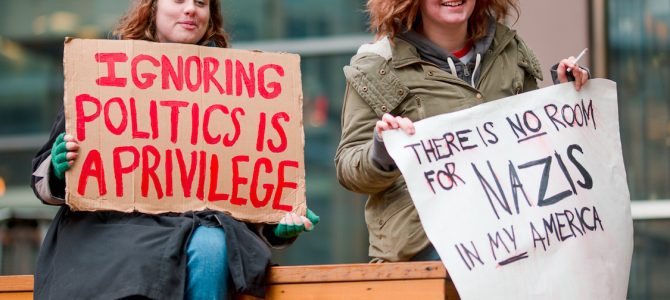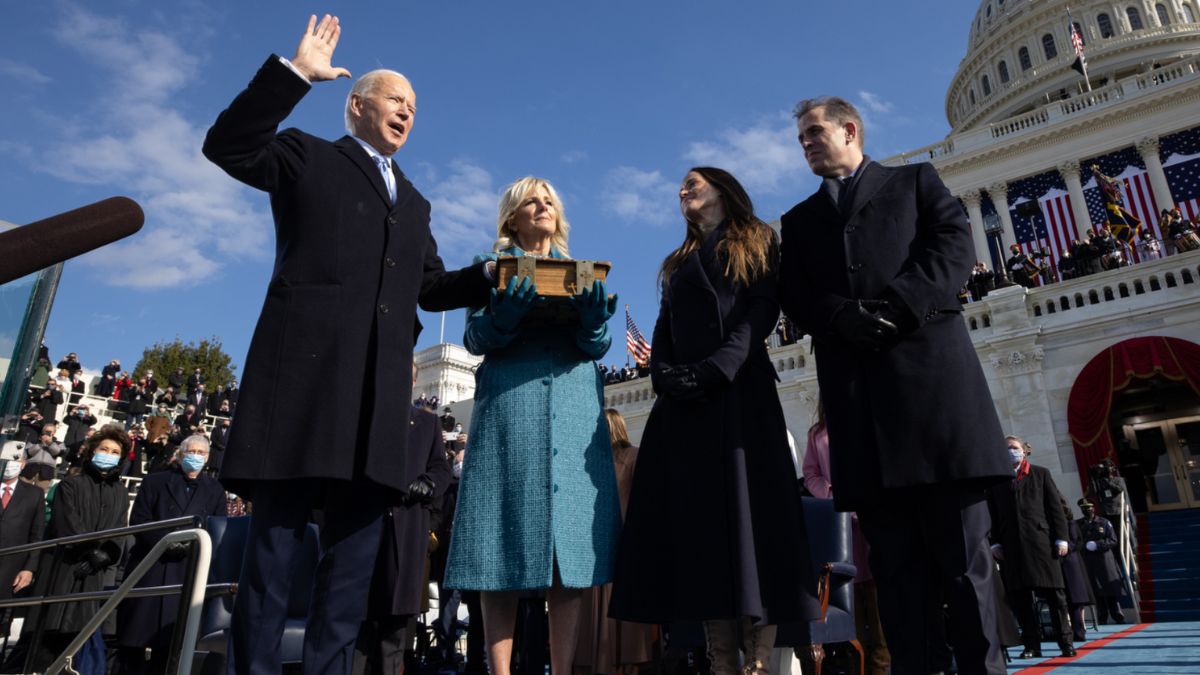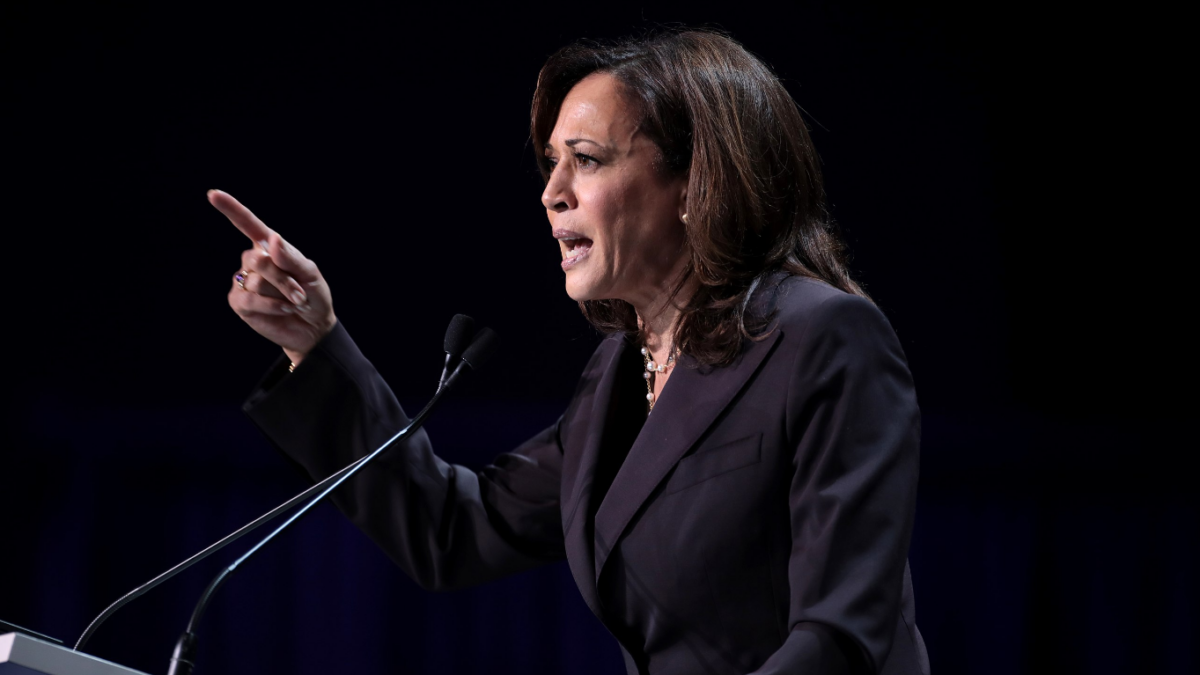
It’s no secret that the election of Donald Trump revealed a great many features of America’s national life that completely surprised the mainstream media and political establishment.
The broad contours of these revelations are now well known: millions in the Rust Belt felt left behind by the economic recovery. Voters everywhere felt frustrated by Washington’s corruption and cynicism. Even some of those who voted for Barack Obama in 2008 and 2012 ultimately rejected his vision for the country. They also rejected stifling political correctness and elite opinion, and in the end rejected politics as usual by rolling the dice and electing Trump.
But the election also revealed something disturbing about the Left: in America today there is a great swath of progressives who, it seems, want nothing to do with the 63 million Americans who supported Trump. They won’t even date people who voted for Trump. OKCupid recently announced a new feature that will allow users to screen for political preferences. Another dating app, Hater, matches people by what they hate, and on Valentine’s Day the company projected huge images on New York City buildings of Putin and a pregnant Trump in a naked embrace.
It’s not just the dating scene. A recent Reuters/Ipsos poll found that the rancor that usually subsides after a contentious election has become worse this time. Friendships have ended, families have been torn apart. One woman separated from her husband of 22 years after finding out that he was supporting Trump. A man in New Orleans broke off a close relationship with an uncle who had helped him through his father’s suicide because the uncle voted for Trump. Another woman says she can barely speak to her two Trump-supporting sons now. “Life is not what it was before the election,” she said.
A growing number of companies are doing the same, profits be damned. Each week a new company seems to pile on. This week, a United Kingdom-based makeup brand posted an “anti-fascism pledge” on social media vowing not to knowingly sell its products to anyone who supports Trump. Consumers can even download Trump boycott apps to help them avoid patronizing companies that are insufficiently anti-Trump. (At least one boycott attempt backfired: Wegmans promptly sold out of Trump-branded wines after hundreds of National Organization for Women members pressured the regional grocery chain to drop the products.)
For The Left, Morality Proceeds From Politics
The hyper-politicization of every facet of life—and the intolerance it always demands—are a feature, almost exclusively, of the political Left. There’s a certain logic to this, of course. When politics becomes a kind of religion that defines one’s moral principles, then politics must dictate everything from your grocery store to the men you meet on Tinder.
But of course politics isn’t everything. In a healthy democracy, among citizens whose political views proceed from their moral principles, it should be a secondary concern, and certainly inferior to friendship and love for one’s family.
The goal of democratic politics is to ensure a just government, and the purpose of a just government is to secure life, liberty, and the pursuit of happiness. On November 8, millions of Americans ensured a just government—yet again—through a legitimate election and the peaceful transfer of power.
Not everyone is happy with the results, of course, but that doesn’t mean we live under a tyranny. Until there’s some credible sign of impending tyranny beyond a Republican being in power, Americans of all political persuasions—especially progressives—need to get on with the more important business of pursuing happiness.
Poetry Is More Important Than Politics
The Founding Fathers understood this from the beginning. John Adams knew he had to engage in politics to preserve liberty for future generations. But in the hierarchy of human pursuits, politics ranked low:
I must study politics and war that my sons may have liberty to study mathematics and philosophy. My sons ought to study mathematics and philosophy, geography, natural history, naval architecture, navigation, commerce, and agriculture, in order to give their children a right to study painting, poetry, music, architecture, statuary, tapestry, and porcelain.
What a reversal we see today, when so much of our popular culture, from music to television to “literary” fiction, is political. That’s not just because so much of it references politics, but because so much of it is created specifically to convey a political message.
There’s a danger in all of this. When politics becomes the most important thing in life, it’s easy to lose respect for everyone outside your political faction. This is what’s happening in America right now. The election did not make it so, but it has shined a light on the trend. Before the election, Pew found that nearly 60 percent of voters who backed Hillary Clinton had a “hard time” respecting Trump supporters, compared to just 40 percent of Trump supporters who said the same of Clinton voters.
That’s not normal or healthy. When you lose respect for your fellow citizens over an election, when you break ties with family and friends over it, you’re not just saying you won’t share a meal or a conversation with them; you’re saying you won’t share a country with them.









